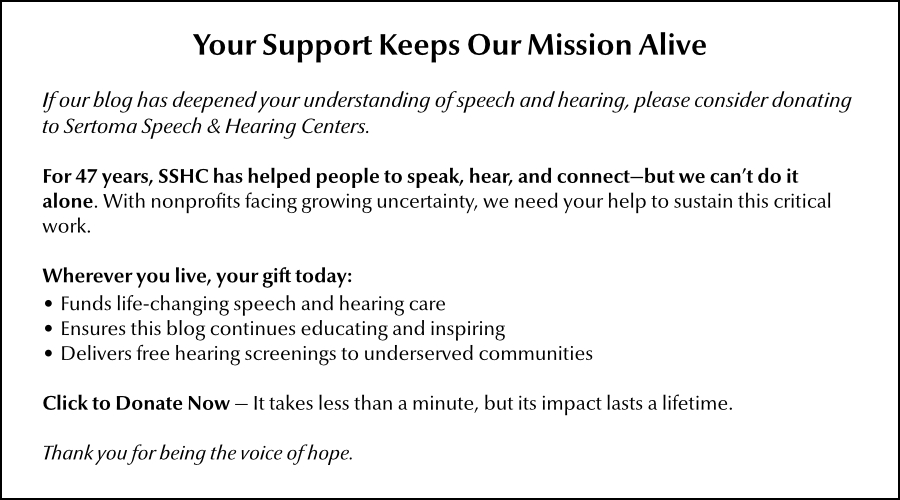While you're sleeping, your brain goes into deep-cleaning mode. Imagine tiny molecular janitors sweeping through your brain's pathways, removing the day's metabolic waste. Scientists have now captured actual images of this nightly brain maintenance, showing how the brain's "glymphatic system" kicks into high gear during sleep, cleaning up toxins that are potential precursors to Alzheimer's and other neurological diseases.
Why it matters
Sleep is much more than resting. Sleep is nightly maintenance that helps prevent dementia. If you neglect it, toxic proteins like amyloid-beta, tau, and alpha-synuclein accumulate.
How it works
- Arterial pulses push cerebrospinal fluid through tiny tunnels created by star-shaped support cells called astrocytes.
- A special protein allows the fluid to flow through brain tissue, gather waste, and then exit via veins and lymph nodes in the neck.
- The deeper and longer you sleep, the quicker the cleansing process works.
The backstory
- Physicians once believed the fluid around the brain was simply a shock absorber.
- In 2012, researchers connected earlier findings and named this newly discovered system “glymphatic” (glia + lymphatic). It parallels the lymphatic system in the rest of the body but uses cerebrospinal fluid as its cleansing medium.
- Skeptics dismissed it as hype, but recent MRI evidence from living humans has settled the argument.

The challenge
Modern life disrupts sleep and the glymphatic system. For example, obstructive sleep apnea, late-night screen use, and heart disease weaken arterial pulses and slow the flow.
Animal studies have shown that these issues speed up the accumulation of Alzheimer’s plaques.
What to know
- Seven to nine hours of quality sleep remains the best and cheapest way to protect your brain.
- Cardio exercise improves circulation by strengthening the pulses driven by your heart.
- Applied Cognition is developing drugs and wearable devices to enhance glymphatic clearance, with future goals of early detection via blood tests, imaging, or wearables.
The bottom line
Take care of your sleep like you manage your bank account—investing in your brain's long-term health. Every quality hour of rest is a deposit against future cognitive decline. Think of deep sleep as your brain's nightly cleaning crew, working overtime to prevent memory loss.


